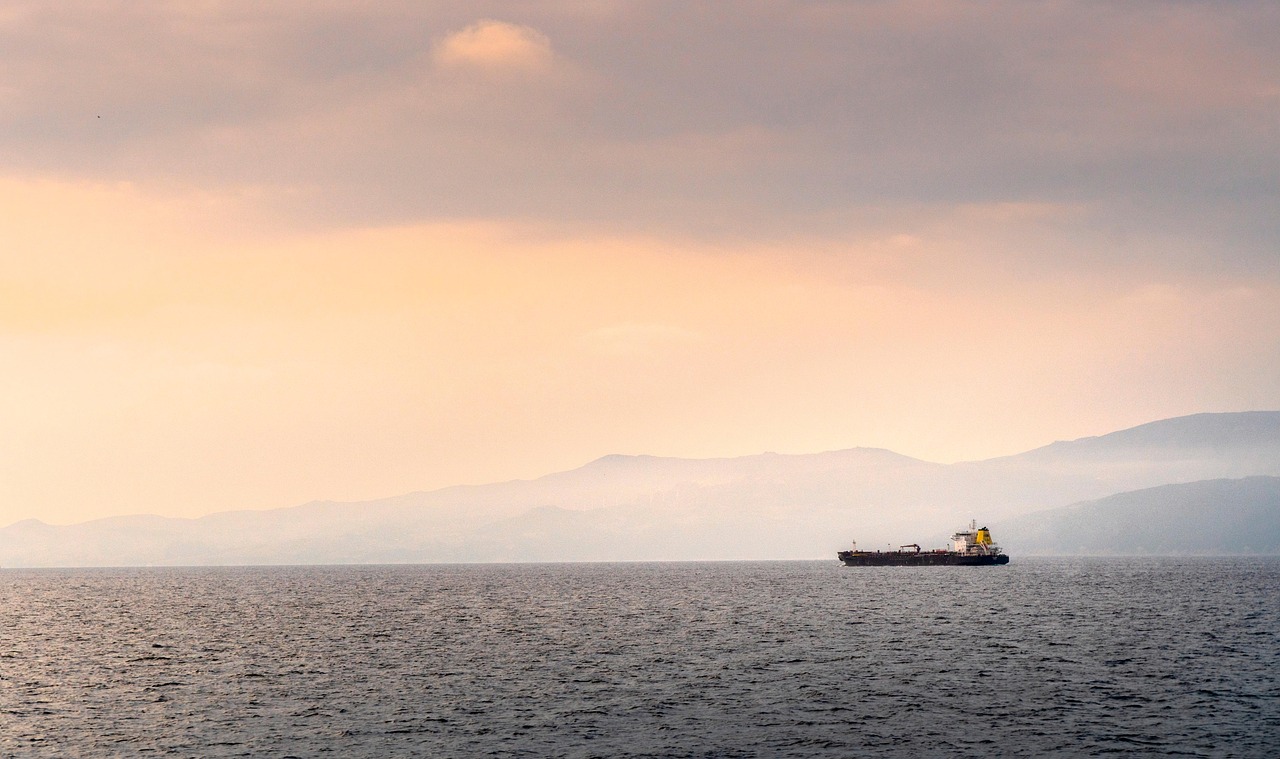
As the conflict between Iran and Israel escalates, insurance costs for maritime transportation in the Middle East have sharply risen, especially for vessels sailing in the Red Sea and the Persian Gulf. This increase reflects the significantly heightened risks of maritime transportation in the Middle East.
According to data from Marsh McLennan, the world's largest insurance brokerage firm, insurance premiums for ships heading to the Gulf region currently stand at 0.2% of the vessel's value, up from 0.125% before the Israeli attacks on Iran last week. The data also indicates a rise in war risk premiums in the Red Sea region, with insurance rates related to Israeli ports more than doubling to over 0.7%.
Marsh has stated that most major marine insurance companies have shortened the validity period of insurance quotes from the previous 48 hours to 24 hours.
This shift indicates that with ongoing airstrikes between Israel and Iran, the security environment in the Middle East continues to deteriorate, leading to rapidly changing and unpredictable maritime risk conditions.
The escalating conflict between Iran and Israel has raised concerns about a broader conflict, with global attention focused on whether the United States will intervene. Iran has repeatedly warned that US intervention could escalate regional conflicts. Iranian officials have hinted at the possibility of blocking the Strait of Hormuz.
According to TASS, the Iraqi Shia armed group, Hezbollah Brigades, has threatened to block the Strait of Hormuz and the Mandeb Strait if the US intervenes in the conflict between Israel and Iran.
Due to the unstable situation, some shipowners have opted to bypass the strategically vital Strait of Hormuz. The Baltic and International Maritime Council (BIMCO), one of the world's largest shipping associations, has stated that the large-scale conflict between Iran and Israel is causing unease throughout the shipping industry, with many vessels choosing to avoid the Strait of Hormuz, leading to a decrease in the number of ships passing through it.
The Strait of Hormuz is a crucial waterway connecting the Persian Gulf and the Indian Ocean, serving as one of the primary channels for entry into the Persian Gulf and considered one of the world's most vital routes for oil transportation. If tankers are unable to pass through the Strait of Hormuz, even temporarily, it could result in a surge in global energy prices, increased transportation costs, and significant disruptions to the supply chain.
